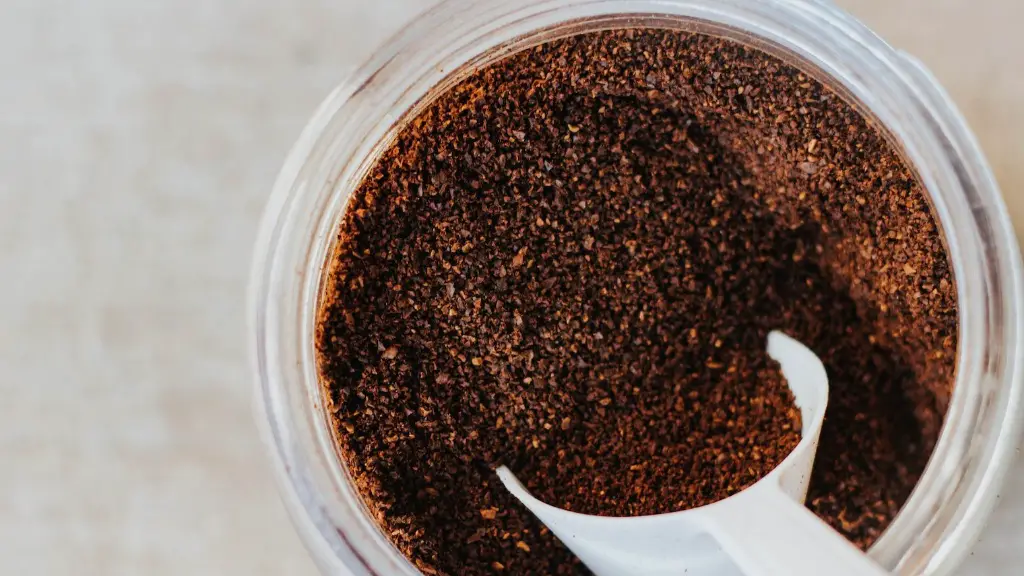Coffee has become an important part of many people’s lives. It energizes them in the morning, helps them stay focused during work and can even contribute to their overall well-being. But for people with kidney disease, the situation may be a bit more complicated. Can kidney patients drink coffee?
Kidney disease, sometimes called chronic kidney disease or CKD, is a condition in which the kidneys cannot properly filter out fluid and waste from the body. As a result, it is important for people with CKD to closely monitor their intake of fluids and certain foods, including coffee. Too much caffeine can increase a person’s risk for dehydration and other health problems.
Most experts recommend that people with kidney disease should limit their caffeine intake to no more than two to three eight-ounce cups of coffee per day. In addition, it is important to monitor the type of coffee you are drinking. Drinks made with espresso can have significantly higher levels of caffeine than traditional brewed coffee. It is also important to avoid adding any extra sugar or cream to your coffee, as high sugar and fat intake can increase a person’s risk of developing health problems such as diabetes or high blood pressure.
In addition to being mindful of caffeine intake, it is essential to drink plenty of fluids. For people with kidney disease, it is important to drink a balanced combination of fluids and electrolytes – for example, one can of plain mineral water plus a cup of orange juice. It is also important to monitor your sodium intake, as too much sodium can have a negative effect on kidney function.
Overall, the key is to follow the doctor’s guidelines for diet and fluids. Coffee should be consumed in moderation to reduce the risk of dehydration and other health issues. All people with kidney disease should consult with their doctor to determine their individual needs and risks.
Health Benefits Of Coffee
In addition to burning calories and helping you stay focused during work, coffee can also have a variety of health benefits, especially for people with kidney disease. Studies have shown that coffee can reduce inflammation and helps to protect against the formation of kidney stones.
Coffee is also high in antioxidants and has been linked to a lower risk of some types of cancer and cardiovascular disease. In addition, coffee can help protect against Parkinson’s disease, liver cirrhosis and gallstones.
People with kidney disease should speak with their doctor before making any major changes to their diet. However, moderate consumption of coffee can be beneficial for those with CKD, as long as the individual monitors their caffeine and fluid intake.
Risks Of Consuming Too Much Coffee
Although coffee can have numerous benefits for people with kidney disease, it is important to remember that too much caffeine can be dangerous. Too much caffeine can cause insomnia, nausea, headaches and irritability. Additionally, caffeine can interfere with the body’s ability to absorb certain medications.
In addition to the risks associated with caffeine, coffee can also be detrimental to your health if it is made with high amounts of cream, sugar or syrups. These added ingredients can contribute to weight gain, diabetes and other health problems. Therefore, it is important for people with kidney disease to choose their coffee wisely and to consume it in moderation.
The Bottom Line
As with any type of food or beverage, it is important for everyone to monitor their intake and to keep their eating habits within the recommended guidelines of their doctor. For people with kidney disease, it is especially important to follow these guidelines in order to protect their kidneys from further damage. Coffee can be enjoyed in moderation, as long as the individual monitors their caffeine and fluid intake.
Role Of Genetics
The ability of coffee to affect one’s health can vary based on their genetics. For example, individuals who have a mutation in the CYP1A2 gene may metabolize caffeine more slowly, meaning that they need to consume smaller amounts of caffeine than the average person. In addition, certain individuals may be more sensitive to the effects of caffeine, leading to an increased risk of caffeine-related side effects.
Therefore, it is important to understand your own genetic makeup and caffeine sensitivity before making any major changes to your diet. For people with kidney disease, it is especially important to be mindful of caffeine intake, as too much caffeine can have a negative effect on kidney function.
Therapeutic Benefits Of Coffee
Coffee is not only good for your overall health, but it can also offer some therapeutic benefits. Regular consumption of coffee has been linked to a lower risk of depression and improved mood. Additionally, coffee has been shown to increase alertness, reduce fatigue and improve cognitive performance.
In addition, coffee has been linked to improved physical endurance and strength performance. Therefore, moderate consumption of coffee can be beneficial for people with kidney disease, as long as they monitor their intake and understand their own genetic makeup and caffeine sensitivity.
Conclusion
In conclusion, coffee can be beneficial for people with kidney disease, as long as they consume it in moderation and monitor their intake of caffeine and other fluids. It is important to understand your own genetic makeup and caffeine sensitivity, and to follow the guidance of your doctor when making any changes to your diet. Coffee can provide numerous health benefits, including improved mood and physical endurance, but it is important to be mindful of the risks associated with excessive caffeine consumption.




